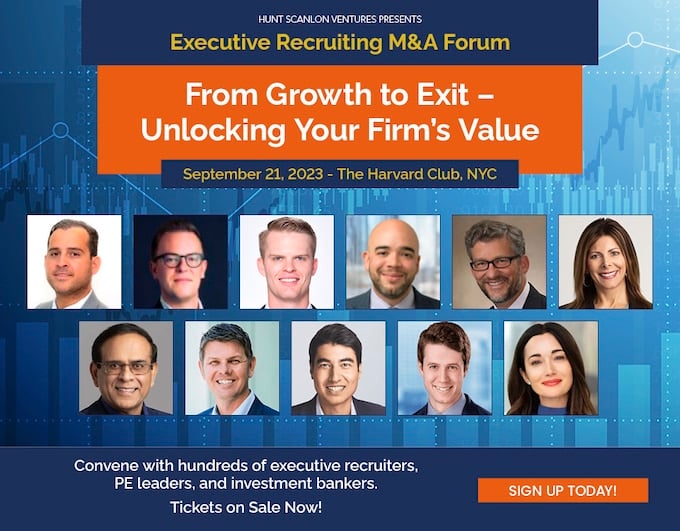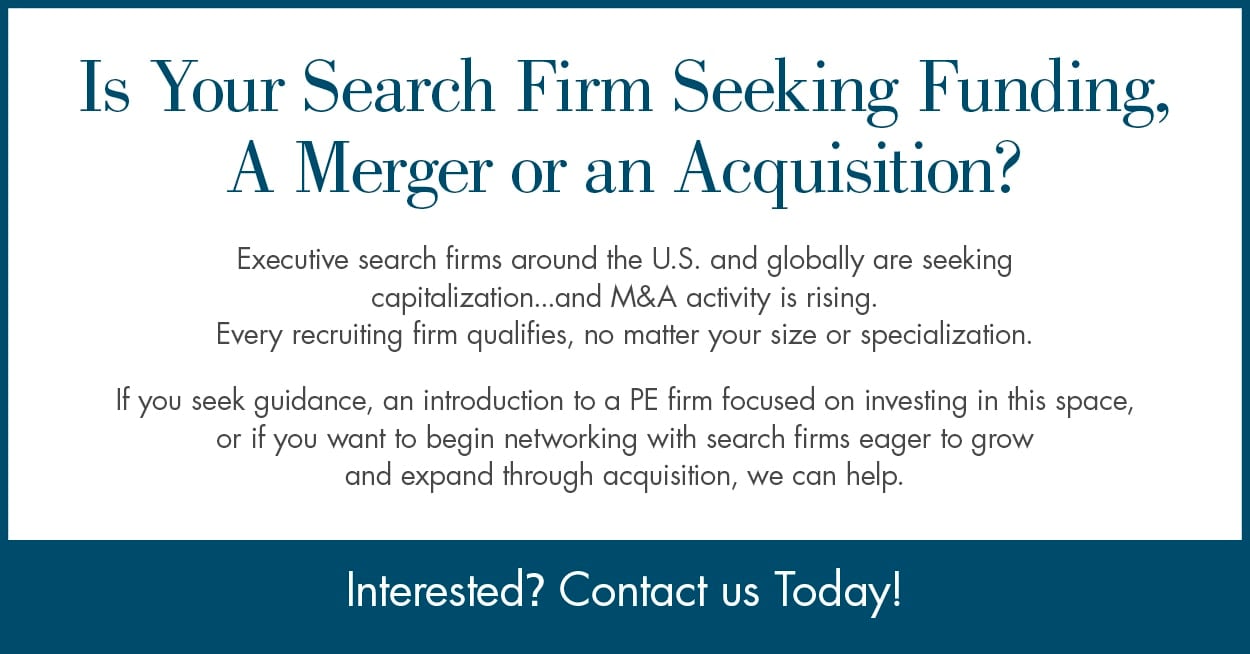5 C-Level Roles Being Impacted by AI

June 23, 2023 – The predicted potential of AI can be a contentious subject depending on the industry. Some, including Elon Musk, foresee a Skynet-like future, as in the Terminator movies, if AI advances unchecked. Others believe the threat is overblown, and genuine AI autonomy acting with malicious intent towards humans is dubious. Unfortunately (or perhaps fortunately), businesses cannot truly predict the existential ramifications of AI technology, however the current and future impact on the C-suite can be imagined, according to a recent report from Odgers Berndtson’s Emanuel Pfister.
Odgers Berndtson has links to some of the world’s foremost AI companies and non-profit organizations. The firm’s team in Europe has been supporting appliedAI, Europe’s largest initiative for the application of trustworthy AI, since it was established. “The role of AI puts a different lens on C-suite roles, creating new specific AI-triggered challenges that organizations need to be aware of,” said Mr. Pfister.
The CEO
Underestimating AI’s impact and neglecting the ethical dilemmas it increasingly presents are the two core failings CEOs can make, according to the Odgers Berndtson report. “This leads to a lack of self-education, delegation of AI responsibility, and half-hearted progress and investment in AI innovation, causing many to see AI as just another tool,” said Mr. Pfister. “The consequences of this attitude can be catastrophic, companies like Netflix, Amazon Web Services, and Nvidia dominate their markets, largely thanks to their AI strategy. The CEO, who is responsible for the business strategy, risks falling victim to serious market competition if they ignore AI-driven business models.”
Odgers Berndtson says that AI success for CEOs comes in the form of correctly interpreting data, understanding what may be achieved, and foreseeing the consequences, to enable leaders to make responsible judgment calls and respect legal or regulatory requirements such as avoiding discrimination. Notably, the search firms says that CEOs quickly learn that “simple ethical rules” fail when it comes to AI, as they are easily perverted when subject to precise algorithms.
The CFO
Many functions within a CFO’s domain, such as planning, forecasting, and risk detection, are perfect candidates for automation through AI solutions, says Mr. Pfister. “Fraud and money-laundering detection as well as compliance can hardly be addressed at all anymore without AI,” he said. “Also, irregular patterns and outliers in financial or market data—pointing to other potential risks – are standard application areas for AI. CFOs are therefore excellent lead adopters of enterprise AI; however, problems arise when CFOs view AI investment as they would any other IT investment.”
Related: ChatGPT’s Future in Recruitment
AI performance rests on the quantity, quality, and availability of data – all of which vary significantly and can be hard to obtain, says the report. Subsequently, Odgers Berndtson explains, this results in uncertainty around the final AI solution, hindering adoption and progress and impacting contractual arrangements with third-party providers for AI solutions.
The CIO
Unsurprisingly, the CIO is the most critical role in successful AI implementation. Typically, they have the deepest subject matter expertise on AI and should (and often do) act as sparring partners for all other board members when it comes to AI questions, according to Mr. Pfister. “The biggest challenges CIOs face in AI adoption is collating dispersed data for the AI algorithm, underestimating the security requirements of AI applications, and the accrual of technical debt in the form of legacy processes,” he said. “Data governance for most organizations is historically inadequate, and it is a CIO’s first responsibility to address this and develop an effective data strategy.”
 Emanuel Pfister has been with Odgers Berndtson since 2014 and is a member of the global industrial practice and head of the global automotive practice. He recruits executives and specialists for the automotive supplier industry, automotive OEMs as well as for plant construction and engineering industry.
Emanuel Pfister has been with Odgers Berndtson since 2014 and is a member of the global industrial practice and head of the global automotive practice. He recruits executives and specialists for the automotive supplier industry, automotive OEMs as well as for plant construction and engineering industry.
Mr. Pfister also notes that cybersecurity becomes vastly more complex when an automated system, rather than just passive data, needs protecting. “Awareness of this at every step of the AI implementation is therefore necessary,” he said. “Finally, cross-function collaboration is the most effective way of overcoming legacy systems and scaling the AI solution.”
The CHRO
The Odgers Berndtson report also says that AI transformation leads to completely new role profiles. “CHROs must define such new role profiles (or the extension of existing roles) with required AI capabilities,” Mr. Pfister said. “The HR strategy therefore needs to align with the company’s technology roadmap. For those employees whose current tasks are affected by AI, reskilling with clear progression paths is a requirement. Additionally, AI talent is scarce and often demands a specific type of culture and environment, building a suitable workplace to attract these individuals is another key responsibility for the CHRO.”
The potential conflict arising from an AI transformation is another priority for the CHRO, this includes allaying fears from current employees, eliminating misconceptions, and developing a culture of acceptance and innovation to overcome the workplace resistance that can easily ensue, according to the Odgers Berndtson report. The CHRO will need to implement processes that guard against biases in company data, making a company’s people or HR team essential in bias mitigation, says the study. The firm warns that there is a lingering bias many AI developments fall foul of, particularly around gender and skin color and the major challenge seen here is the very small number of CHROs with the technical expertise to implement these processes.
The COO
The COO is one of the prime users applying process-centric AI solutions, and Odgers Berndtson notes that leading most core operations in a company means many high-value applications of AI fall within the COO’s responsibility. “A COO who takes charge of AI implementation can increase production management; make quantum leaps in performance of supply chain and logistics processes, optimize supplier selection, develop new quality assurance methods, and much more,” the report said.
“The great challenge for COOs is skills education and updating their mindset around the use of AI,” said Mr. Pfister. “They can fall into the trap of incremental optimization, making individual steps for single functions rather than a holistic, company-wide approach. AI’s unprecedented speed and scale also amplifies any mistakes – for product development, this is a critical risk COOs need to be aware of. Finally, AI is creating huge paradigm shifts in business operation models, and therefore staying up to speed with AI industry developments is a must for COOs.”
Odgers Berndtson delivers executive search, leadership assessment, and development strategies to organizations globally. The firm’s 250-plus partners cover more than 50 sectors and operate out of 59 offices in 29 countries. The U.S. wing of the firm launched in 2011 and has been one of the fastest growing search firms in the Americas. Odgers Berndtson has U.S. offices in Atlanta; Boston; Chicago; Dallas; Houston, TX; Los Angeles; Minneapolis, MN; New York; San Francisco; and Washington, D.C.
Related: How to Use AI to Stand Out to Executive Search Consultants
Contributed by Scott A. Scanlon, Editor-in-Chief; Dale M. Zupsansky, Managing Editor; and Stephen Sawicki, Managing Editor – Hunt Scanlon Media













